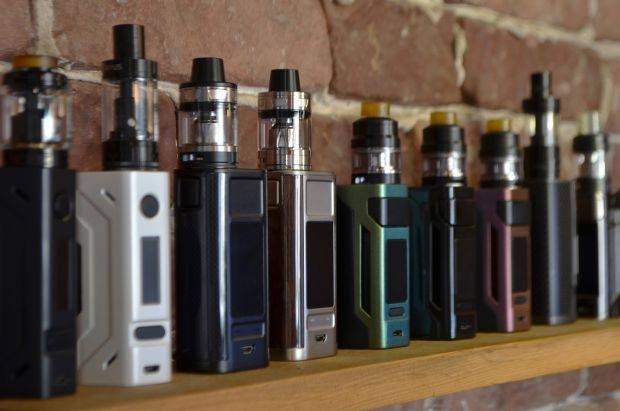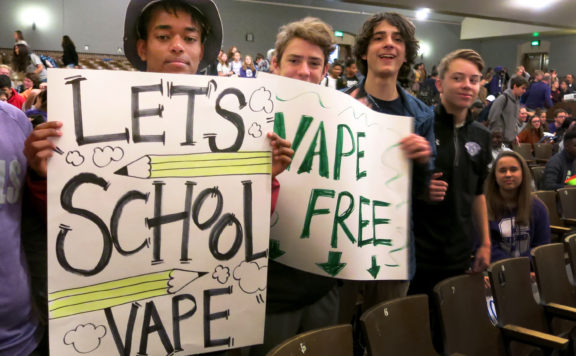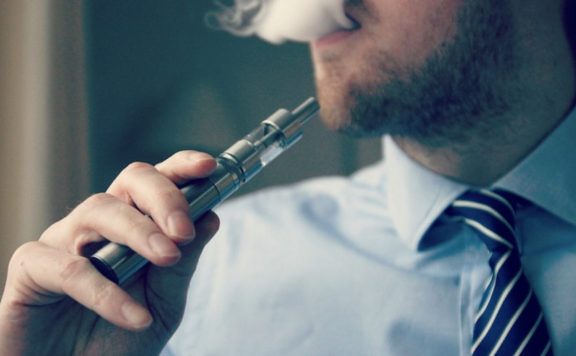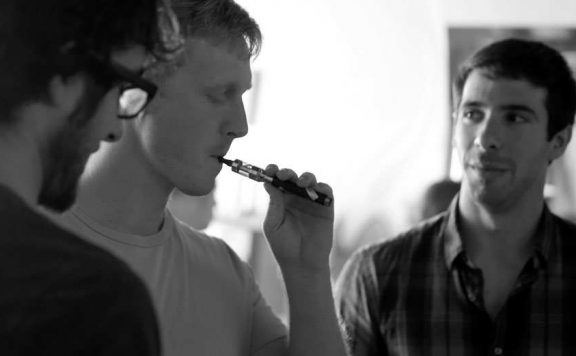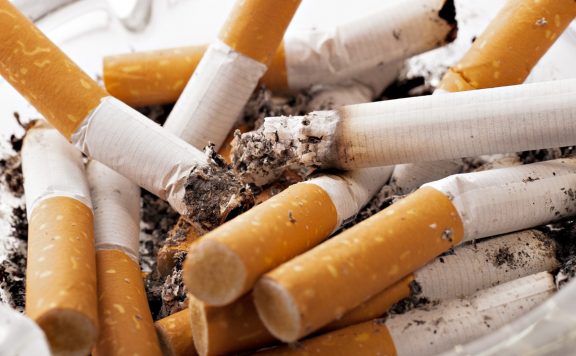Malaysia Calls for Generation Ban on Tobacco
At first, teenagers may not realize how their first cigarette can lead to nicotine addiction. Apart from active smoking, children can be exposed to secondhand smoke at home, which also robs them of their right to good health.
In Malaysia, individual rights are often not a priority, which allows the government to interfere in nearly every aspect of its citizens’ lives. Unfortunately, this excessive control over people’s daily lives could be the very thing that prevents Health Minister Khairy Jamaluddin from championing the ban on smoking and e-cigarettes for future generations.
According to the proposal, anyone born from 1 January 2005 onwards – who will turn 18 next year and thus be of legal smoking age – would be prohibited from ever buying tobacco or vape products. This would effectively mean that no one born after this date would be able to legally smoke in their lifetime.
And while the Malaysian government tolerates harsh legislated punishments in a seemingly unofficial social contract with its citizens that promises good quality of life in exchange for constitutional rights, the ban on smoking altogether may anger working-class Malaysians who just want to relax with smoke after a long day’s work.
The issue of individual rights and personal liberty is therefore resonating quite strongly among the Malaysian people. And when considering Malaysia’s racial and religious context, it’s not hard to see why. Usually, Muslims are permitted to smoke tobacco and vape, as it is not considered haraam or forbidden. Therefore, a ban on these products can be considered unfair. This has prompted calls for the ban of alcohol and nightclubs.
Even though Khairy may not support such demands, the next government might. If Parliament approves the age-based prohibition of tobacco and vaping, it could set a precedent for future bans. According to statistics, smoking habits are highest among the bottom 40% of earners. This means that MPs from lower-income constituencies will most likely not support the smoking ban, as smoking is popularly viewed as the only form of entertainment for the poor.
In such a setting, health advocates should not ignore the potential political pressure. It is important to remember that bans like this go beyond protecting public health—they also infringe on personal liberty. In my opinion, as a libertarian, the ban on cigarettes and vaping is somewhat unnecessary, considering that the Malaysian government has already banned smoking in public places. I understand the idea behind it, which is to protect non-smokers from secondhand smoke. However, a complete ban seems like an overreaction.
Individual Right to Health for Teens
According to the 2005 British Medical Journal article, tobacco control advocates should prioritize personal autonomy over commercial concerns in order to appeal to the highest ethical standards.
MP Syed Saddiq Syed Abdul Rahman indicated that he may not vote for the proposed cohort ban on smoking and vaping due to potential impacts on small retailers and the removal of personal liberties.
Dr. Helmy Haja Mydin argues that the perceived individual right to smoke is made illusory by addiction to nicotine. When it comes to those under 18, their individual right to be free of addiction is somewhat violated when they start smoking. Arguably, children also lose their right to health after being exposed to harmful secondhand smoke from their parents.
Zero Punishment for Individual Cigarette Consumption
Recent data from the WHO shows that the global tobacco user population is shrinking. However, even though Malaysian lawmaker Khairy Jamaluddin is working towards a smoke-free state, this cannot be achieved without sufficient supporting measures.
These include increased access to nicotine replacement therapy and quit-smoking services and increased public awareness of these products and services. Also, there should be no punishment for individuals who consume or possess tobacco products. Instead, tobacco retailers should be targeted for enforcement.
A grace period is necessary to allow for the infrastructure and communications needed to support the ban. Hence, enforcement should not begin until 2023 to allow time to get everything in place for a successful ban.
Exclude E-cigarettes from Generation Ban
In the UK and New Zealand, health agencies treat e-cigarettes as a tool to help smokers quit. This is because vaping is much less harmful than smoking cigarettes. Choosing the lesser evil may be a more effective public health approach than the unrealistic ambition of completely banning all tobacco and vape products.
Malaysia’s vape and e-cigarette industries are unregulated. In that case, the regulation would be necessary if the MOH were to use vaping as a smoking cessation tool. The goal of a tobacco-free generation is commendable, but legal coercion should be the secondary and not primary tool to change personal health behaviors.

